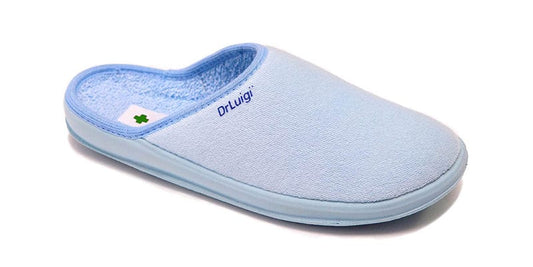What is Reactive Arthritis?
Reactive arthritis, formerly known as Reiter's syndrome, is a condition triggered by an infection in another part of the body, commonly the intestines, genitals, or urinary tract. It typically affects the knees, ankles, and feet, but inflammation can also occur in the eyes, skin, and urethra.
Symptoms of Reactive Arthritis
Symptoms of reactive arthritis usually appear 1 to 4 weeks after exposure to the triggering infection and may include:
- Joint Pain and Stiffness: Most commonly in the knees, ankles, and feet, along with pain in the heels, low back, or buttocks.
- Eye Inflammation: Many individuals experience eye irritation, known as conjunctivitis.
- Urinary Issues: Frequent and painful urination, along with inflammation of the prostate gland or cervix.
- Enthesitis: Inflammation of tendons and ligaments where they attach to bone, particularly in the heels and soles of the feet.
- Swollen Toes or Fingers: In severe cases, digits may become significantly swollen, resembling sausages.
- Skin Problems: Mouth sores and a rash on the palms of the hands and soles of the feet are common.
- Lower Back Pain: Pain, especially worse at night or early morning.
Causes of Reactive Arthritis
Reactive arthritis is caused by an infection in the body, often from bacteria such as Campylobacter, Chlamydia, E. coli, Salmonella, or Yersinia. These bacteria can be transmitted sexually or through contaminated food. Genetic factors may also influence the likelihood of developing reactive arthritis.
Prevention of Reactive Arthritis
While genetic factors cannot be changed, steps can be taken to limit exposure to bacteria that can cause reactive arthritis:
- Food Safety: Ensure food is stored and cooked properly to prevent infections from bacteria like Salmonella, Shigella, Yersinia, and Campylobacter.
- Safe Sex Practices: Practice safe sex to reduce the risk of sexually transmitted infections that can lead to reactive arthritis.
In addition to preventive measures, managing symptoms and pain associated with reactive arthritis can be achieved by wearing appropriate footwear, such as DrLuigi medical footwear, which provides support and comfort for the feet.
By understanding the symptoms, causes, and preventive measures of reactive arthritis, individuals can take proactive steps to mitigate the risk of developing this condition and manage symptoms effectively. Regular consultation with healthcare professionals is essential for proper diagnosis and treatment guidance.





